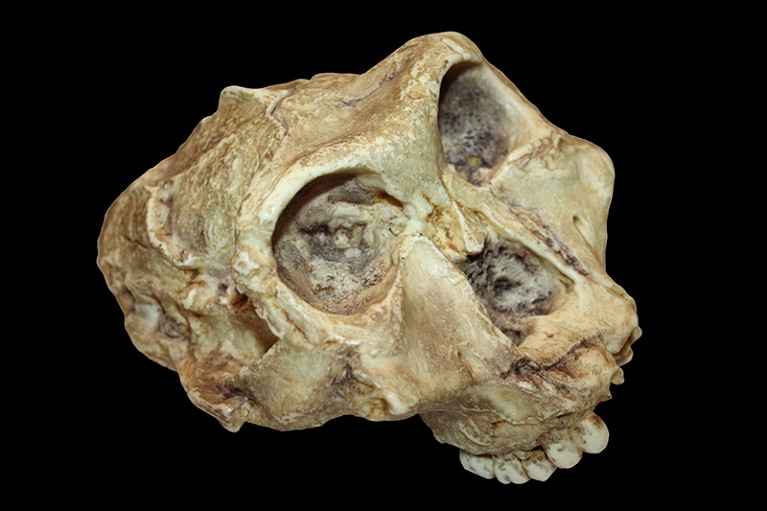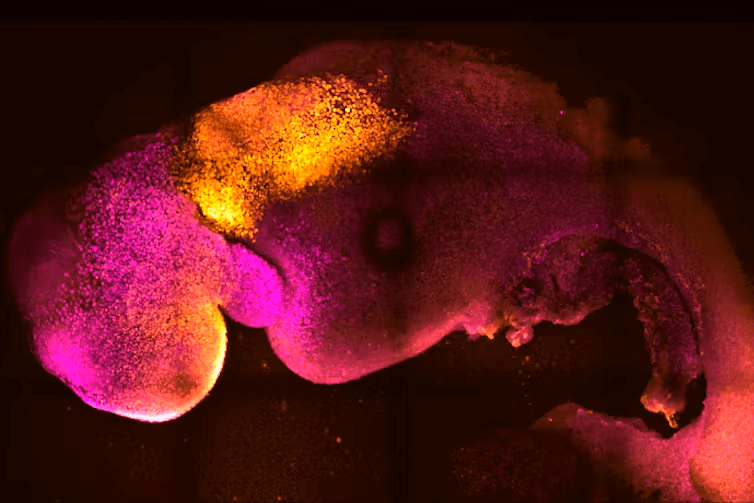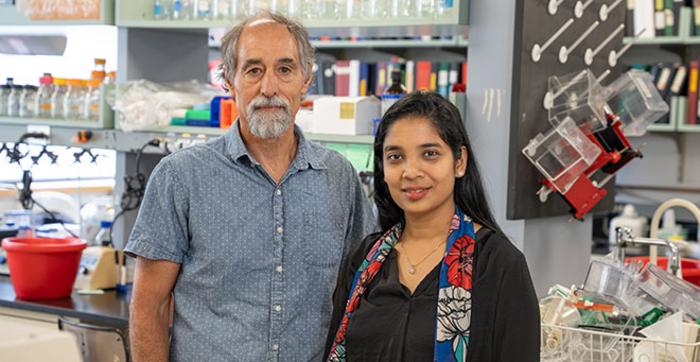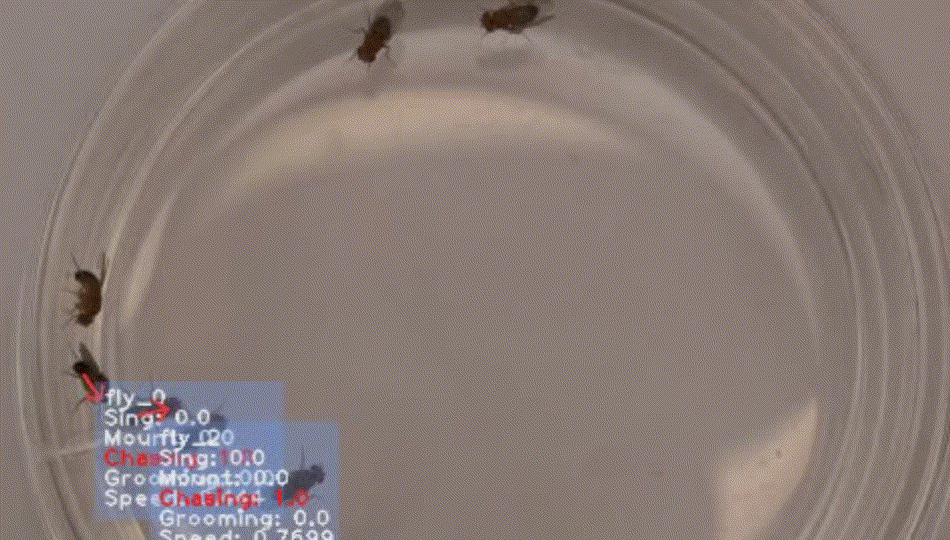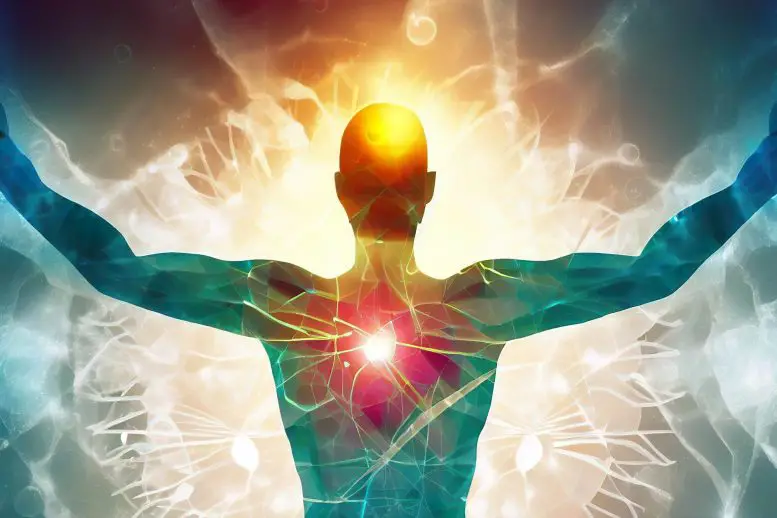The oldest genetic data of a human relative found in 2 million year old teeth
A Paranthropus robustus skull.Credit: Sabena Jane Merlo/Alamy Human hominids and their ancient relatives emerged in Africa about seven million years ago. Now researchers have gathered genetic information from an African hominid who lived two million years ago, the oldest data ever recovered. The protein sequences, described in a preprint posted on the bioRxiv server on … Read more

